Sermons
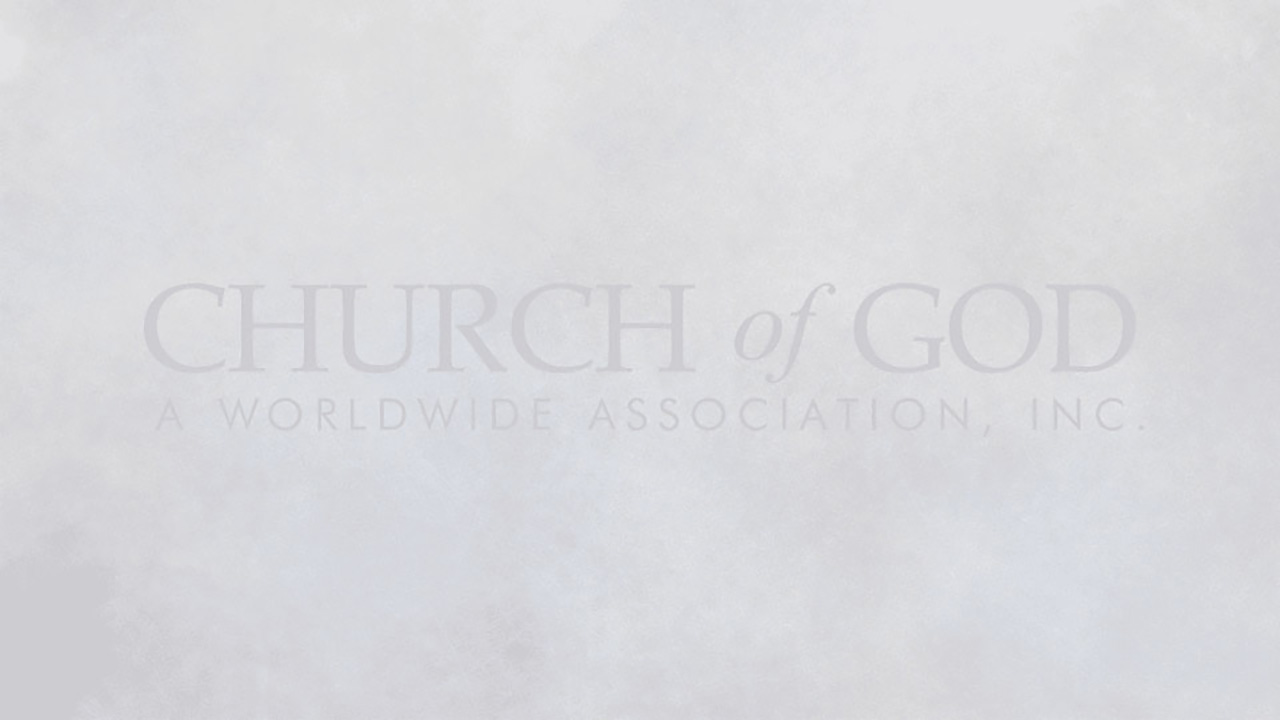
Discerning the Lord’s Body – The “I AM”, Part 4 - Helpless and Sick
Given by David Jackson
1 Corinthians 11:30 states, “For this reason, many are weak and sick among you, and many sleep.” I don't think there is any great mystery in understanding what Paul is bringing out by mentioning these three items because we all know what it feels like to be weak and sick and, for some of us, what it feels like to be dyi...
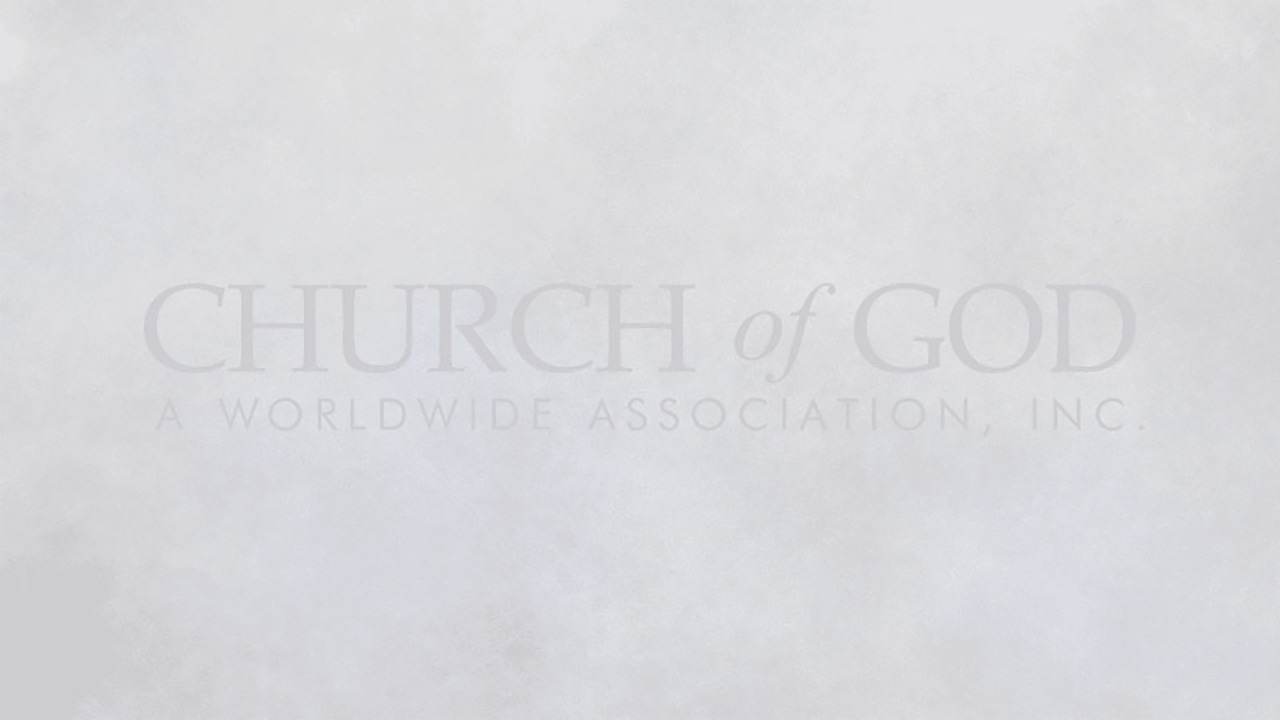
What Are You Willing to Die For
Given by Mark Whynaucht
What are you willing to die for? As we prepare for and approach this Passover, we can remember that Jesus Christ is the epitome of the righteous and true martyr, that we should live our lives in a way that imitates Him so that we too can glorify God.
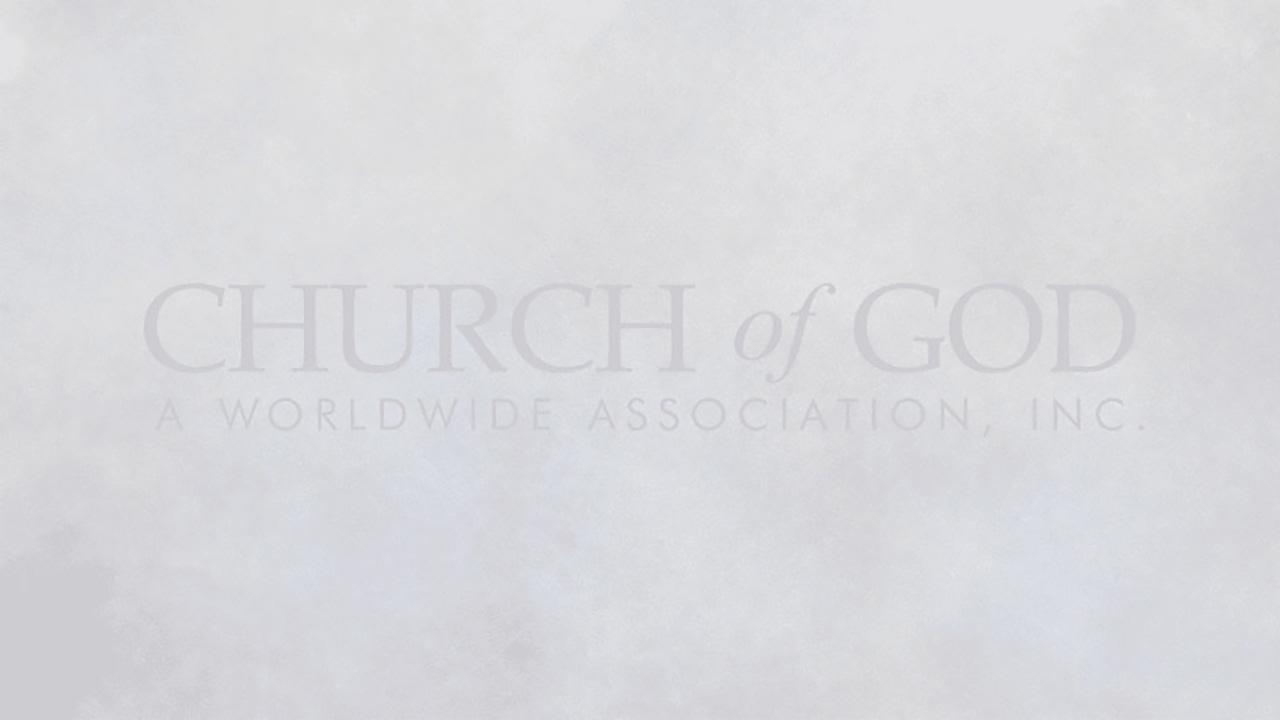
Discerning the Lord’s Body – The “I AM”, Part 3 - Sifting
Given by David Jackson
Passover Preparation and Self-Examination The sifting process is a separation process, most often used to find the good. You can look below the sifter and see the bad and what needs to be discarded, but what shows up on top of the sifter is the good. Sifting is a type of examination. Passover and the Passover season are about Self-sifting,...
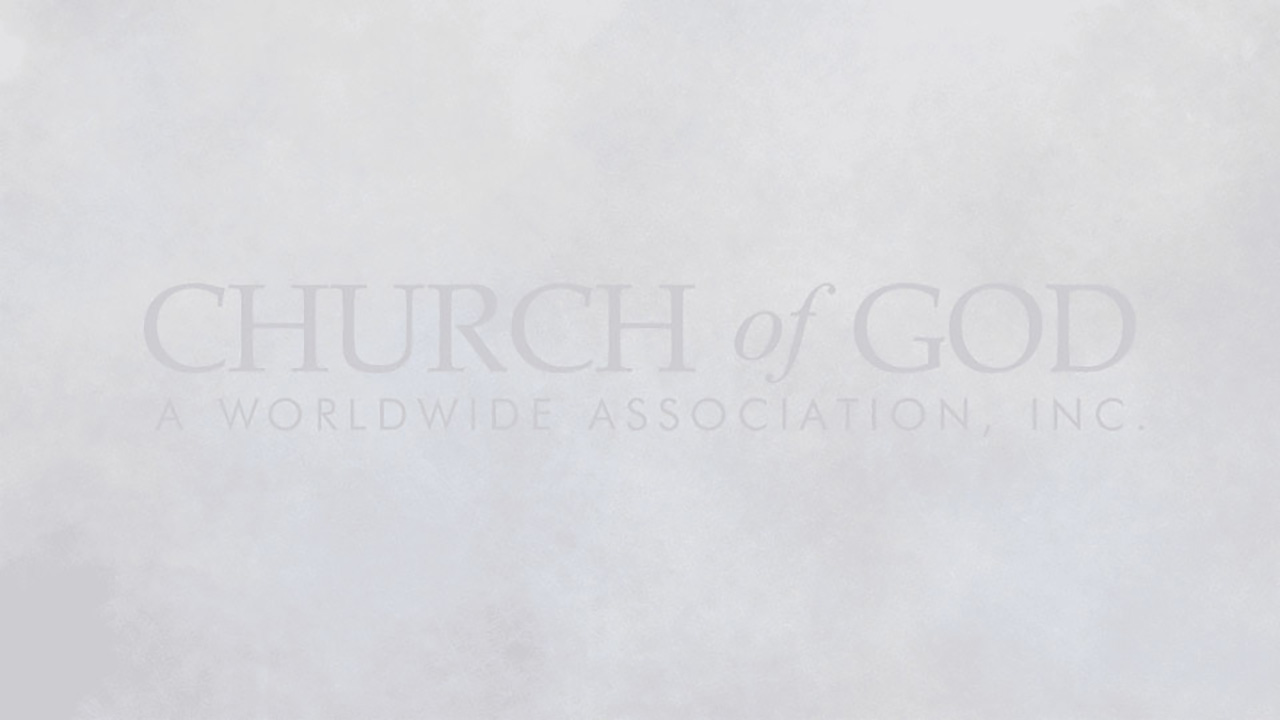
A Time of Self-Examination
Given by Mark Whynaucht
We have no need to be discouraged at Passover time. It is our opportunity to reaffirm our commitment to Almighty God and renew our dedication to putting on the new man. As James says in James 4:2, sometimes we have not because we ask not. We need to ask God for a clean heart before Him, as well as for hope,...

Who Cares?
Given by Don Henson
The phrase is typically used sarcastically to mean that nobody cares, or that something doesn’t matter. But the Passover shows us how much Jesus cares for us and that we in turn are to care for one another.
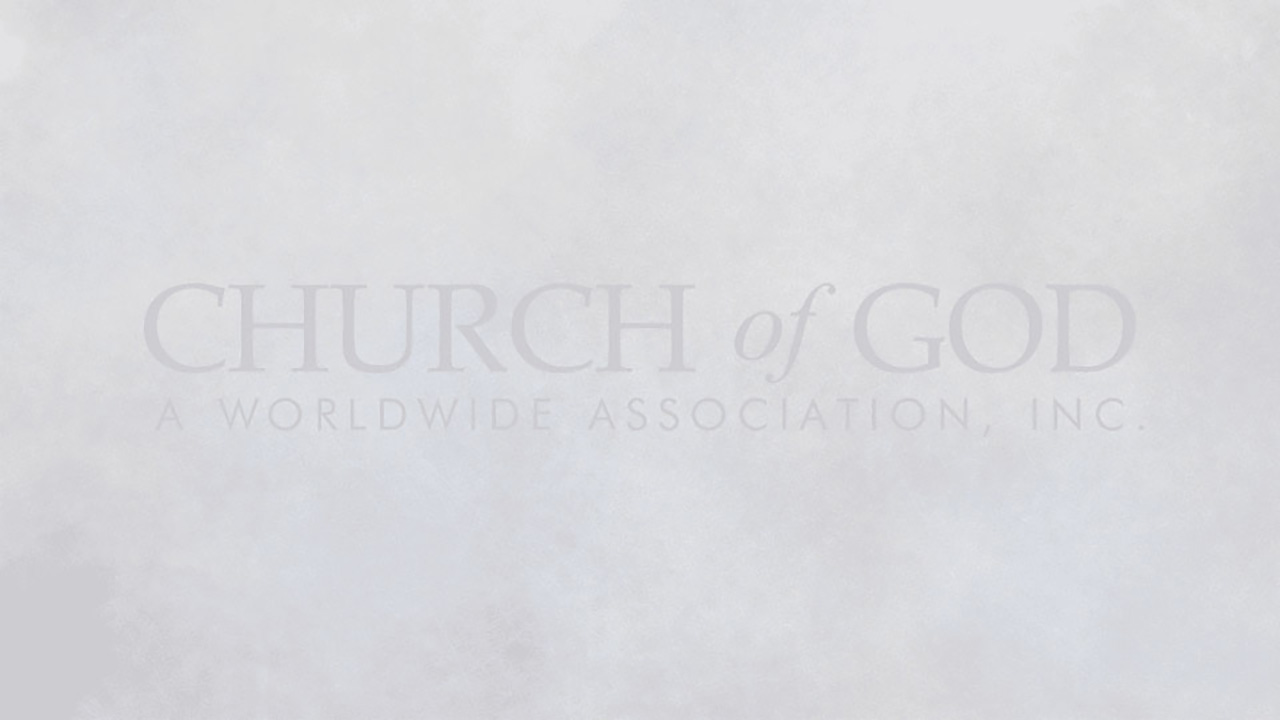
A Matter of Life and Death
Given by Greg Sargent
If a member takes the Passover unworthily, it could make them weak, sick or even cause their death. The context of 1 Corinthians 11 plus related scriptures shows what unworthy means.
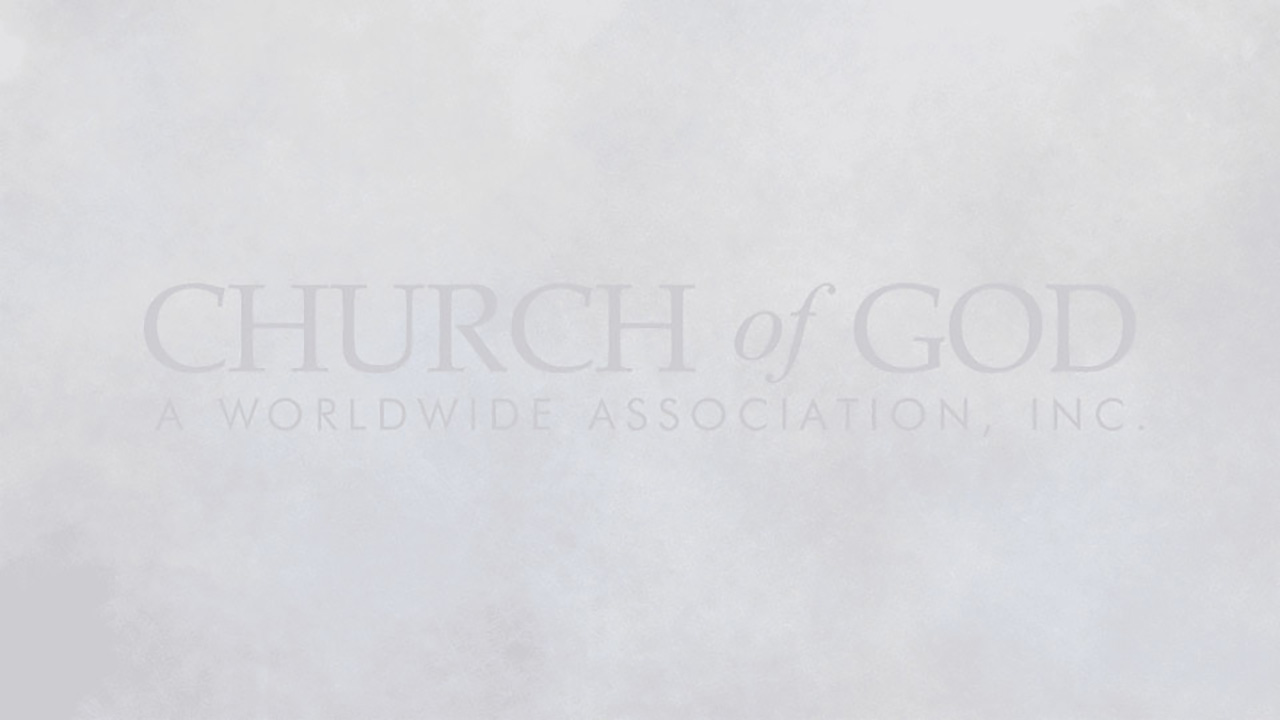
Putting on the New Man
Given by Don Henson
The book of Colossians has a Passover and Days of Unleavened theme—emphasizing the importance of Jesus’ sacrifice and the importance of “putting on the new man” after baptism.
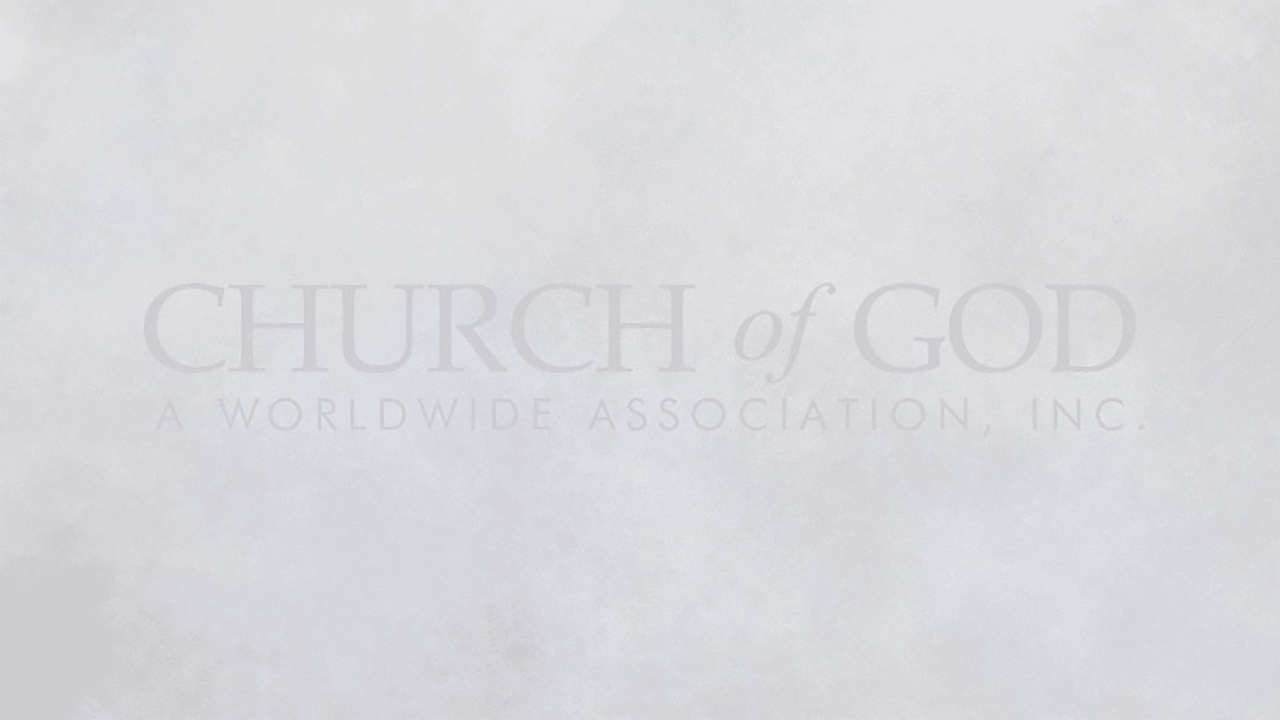
Discerning the Lord’s Body – The “I AM”, Part 1 - Iconology and Symbology
Given by David Jackson
Handout **I Corinthians 11:28-29**, "28 But let a man examine himself, and so let him eat of the bread and drink of the cup. 29 For he who eats and drinks in an unworthy manner eats and drinks judgment to himself, **not discerning the Lord’s body.**" Paul says that we must examine ourselves to make sure we are discerning the L...
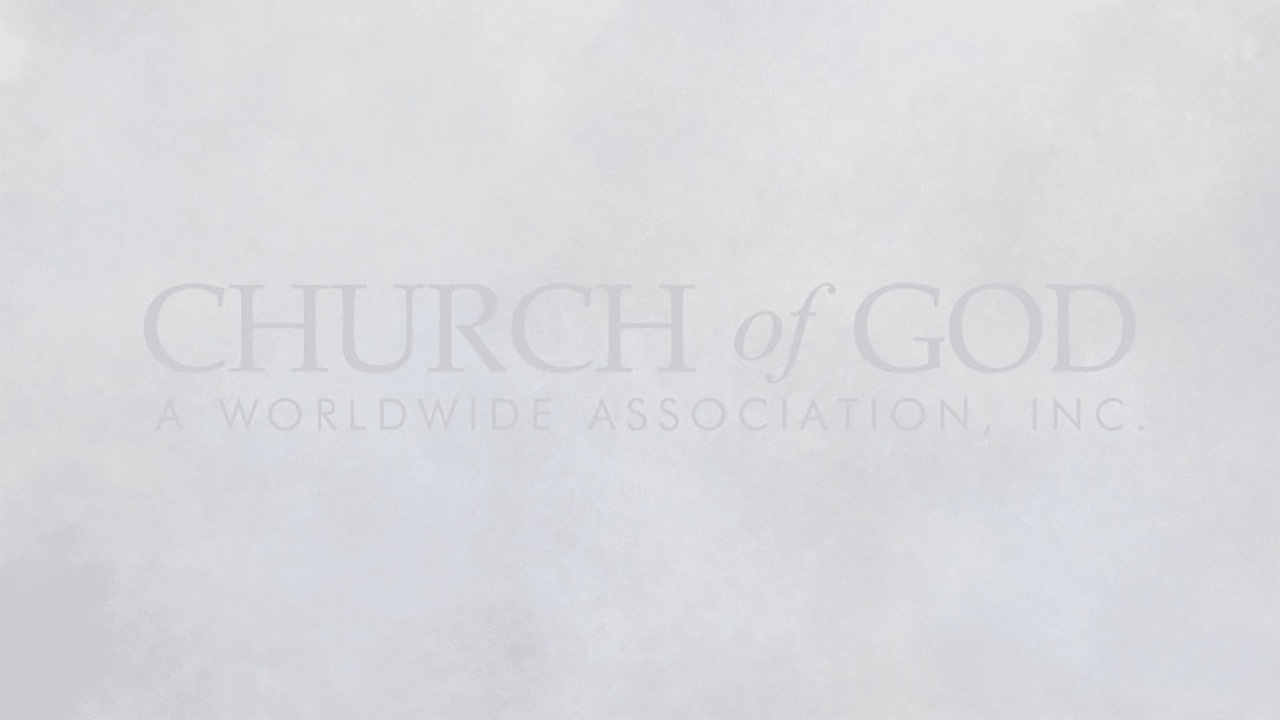
Crumbs Canisters and Boxes - Which Problem Are We Working On?
Given by Jon Pinelli
As we prepare for Passover and the Days of Unleavened Bread, we are in the middle of self-examination and delivering. Are we concentrating on the crumbs or the canisters and boxes?








